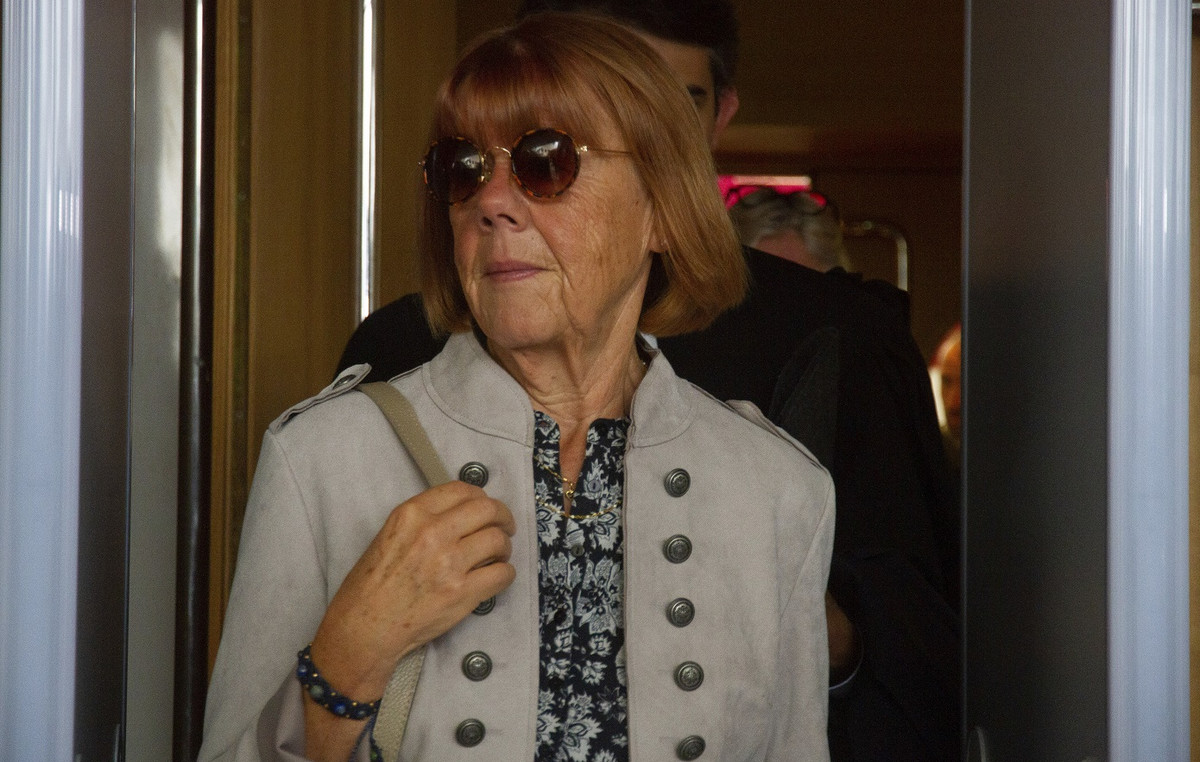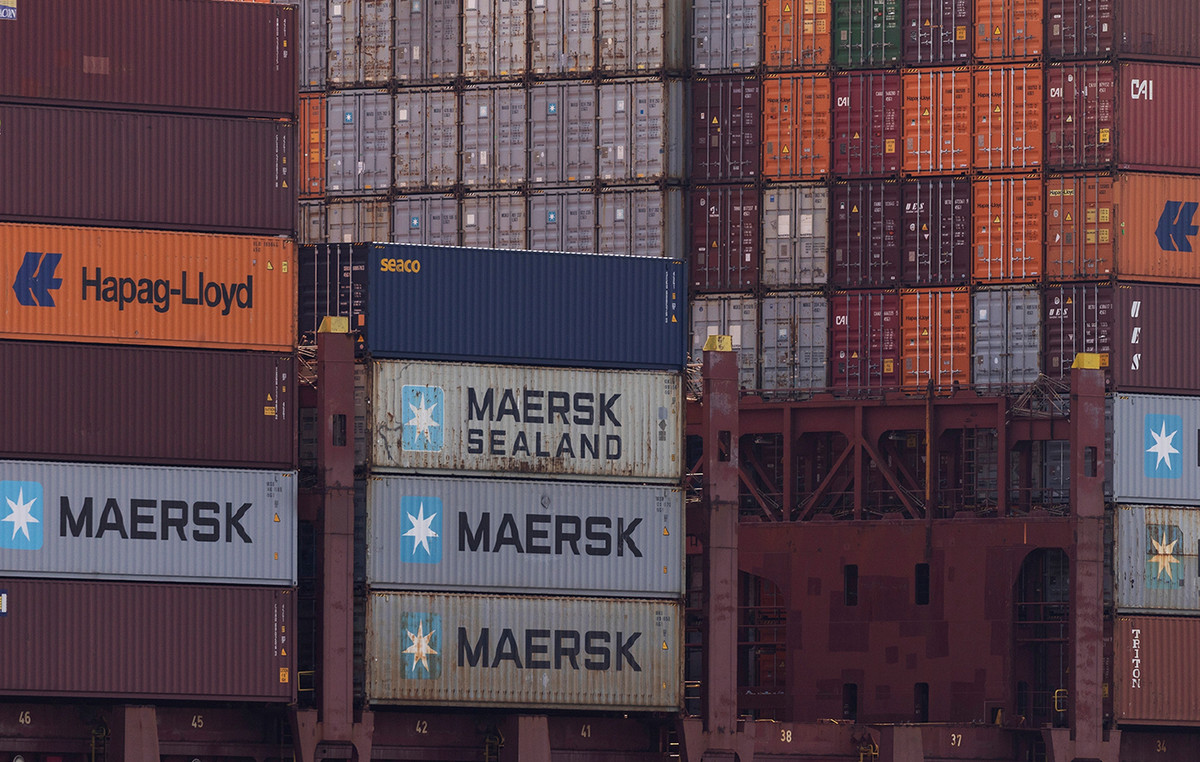By Costas Raptis
Faced with the challenge of being re-elected in the second round of the presidential election, which will be held on April 24, French President Emanuel Macron has to face some French “peculiarities”.
No president after Jacques Chirac has secured a second term. In fact, Nicolas Sarkozy lost the election, while François Hollande did not even try his luck in it.
Also, no government since 1986 has secured a parliamentary majority for a second five-year term (with the exception of the center-right in 2007).
In addition, every fiscal year from 1978 onwards ended with a larger or smaller deficit.
Macron rightly hopes to overcome the first of these three historical precedents, having Marin Lepen in front of him. But performance like in 2017, when the leader of the far right was limited to one third of the votes in the second round, while the current president collected two thirds, belong to a distant past. The battle will be fought on equal terms, with Lepen now “demonized”.
The second historic precedent will be set by the French president on June 12 and 19, when the parliamentary elections will be held in two rounds – in a landscape where the collapse of traditionally powerful parties, such as the Republicans and the Socialists, combined with the loose “post-political” physiognomy of the president’s own faction raises huge questions about the kind of correlation that will emerge in the next parliament.
The need to prevent the uncomfortable “cohabitation” of the past between presidents and governments from different political families has led to the limitation of the presidential term after 2002 to five years, so that the presidential elections almost coincide with the parliamentary elections (and to be more precise) politically, if they precede by a few weeks). But this time a “cohabitation” with currently unknown characteristics can not be ruled out. The peculiar majority electoral system can not, after all, secure easy majorities, when the fragmentation is not only political, but also has geographical features. Macron, Le Pen and Melanson’s “France” are different and distant “countries”.
The third historical precedent weighs even heavier after European monetary unification and the economic crisis. Since the Mitterrand “turn” of 1983 until today, every French government has proposed European unification as its first strategic priority and has pursued policies of fiscal orthodoxy, which, however, have met with recurring “explosions” of (tied to its acquis) French society.
It is still characteristic how the announcement of Macron’s pre-election program, focusing on raising the retirement age to 65, landed his double-digit poll lead at just 4.7 points. (The fact that the current president recorded a better percentage this time than in 2017, when he was an “outsider”, should be relativized, in the light of the “looting” of the votes of the center-right).
It is also characteristic that on the way to the second round, Macron leaves open the possibility of not proceeding with the pension reform, while Lepen, who ran in the election as the “candidate for the defense of the standard of living”, indulges in an intensive flirtation of Melanson voters.
Therefore, even if the “shock” of a Le Pen election to the French presidency does not occur, the stabilization of France will remain an impossible (?) Question, given that the majority of voters have expressed anti-systemic preferences, either on the right or on the left, The way the second round of the election campaign is conducted intensifies (even if “no mistake is recognized after being removed from the ballot box”) the pressure for a more social – and “national” policy. The weakening of party mechanisms, the haircut of the vote and the mismatch of social expectations and political expression are a recipe for continued turmoil.
Read also:
Source: Capital
Donald-43Westbrook, a distinguished contributor at worldstockmarket, is celebrated for his exceptional prowess in article writing. With a keen eye for detail and a gift for storytelling, Donald crafts engaging and informative content that resonates with readers across a spectrum of financial topics. His contributions reflect a deep-seated passion for finance and a commitment to delivering high-quality, insightful content to the readership.







